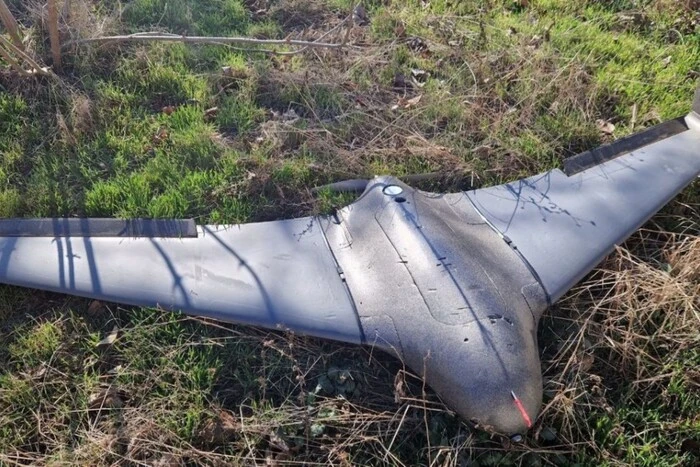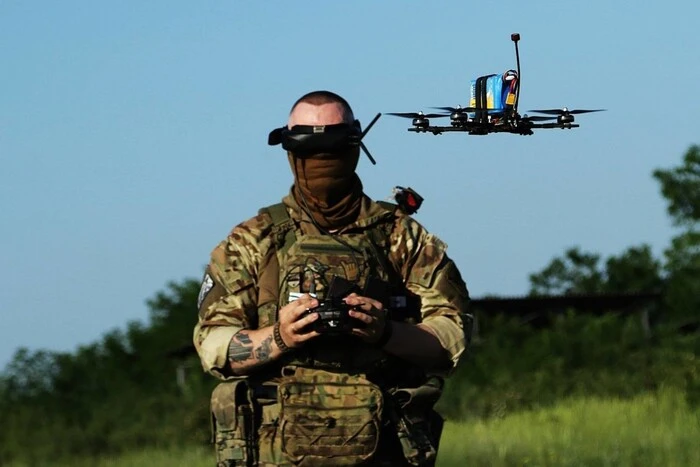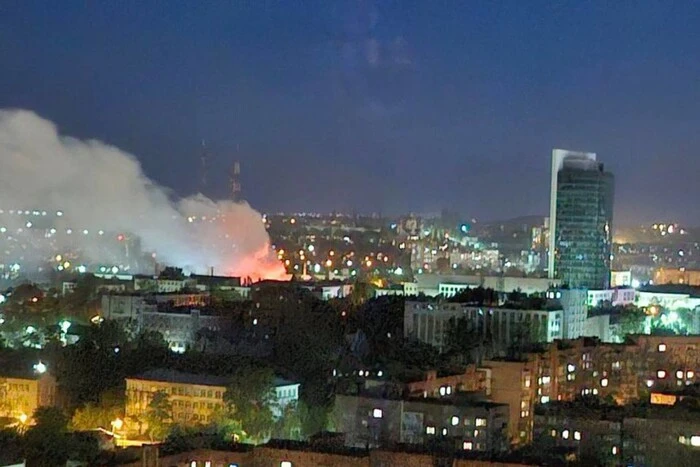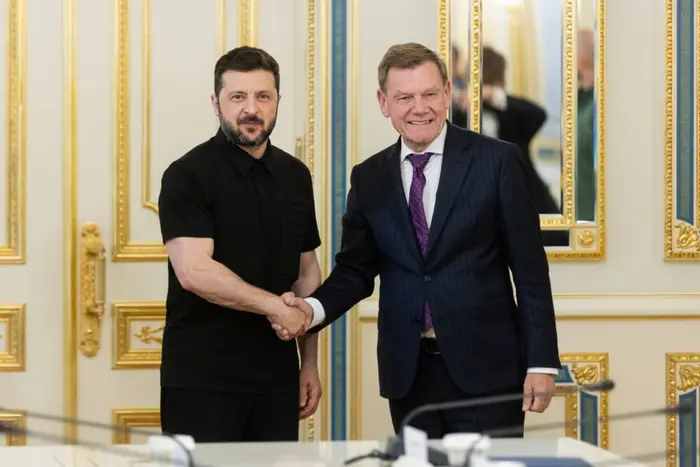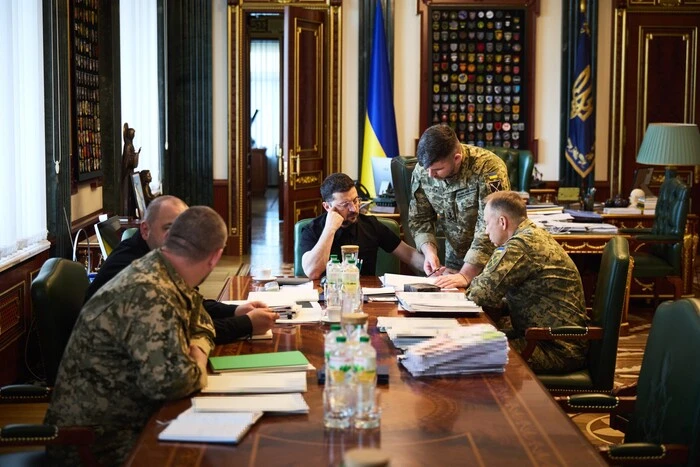Financial Times Reveals Possible Peace Terms Between Ukraine and Russia.

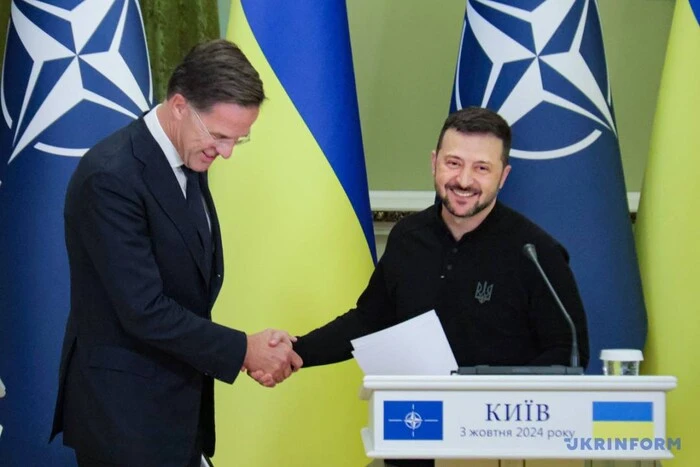
Ukraine and its Western allies are discussing a possible compromise, according to which Kyiv could gain NATO membership in exchange for a diplomatic resolution of the territories occupied by Russia in the future. This is reported by the Financial Times.
The article states that the new strategy, presented by President Volodymyr Zelensky to American leaders last week, aims to ask allies to strengthen its military and diplomatic positions to compel Russia to come to the negotiating table.
Western diplomats and an increasing number of Ukrainian officials believe that meaningful security guarantees could form the basis of a negotiated settlement, where Russia retains de facto, but not de jure, control over all or part of the Ukrainian territory it currently occupies.
Neither Kyiv nor its supporters propose recognizing Russian sovereignty over a fifth of Ukrainian territory, which it has illegally seized since 2014. Recognizing this fact would encourage further Russian aggression and seriously undermine the international legal order. Instead, there is an implicit agreement that these lands should be returned through diplomatic means in the future. However, even this remains a sensitive issue for Ukrainians, especially when presented as the basis for compromise with Moscow.
What is being discussed more openly is the nature and timing of the security guarantees that Ukraine should receive to support the settlement. In Washington, Zelensky reiterated his stance on accelerated NATO membership.
The United States is reluctant to bring Ukraine under the umbrella of Article 5 of the NATO Treaty before the end of the war. However, some of Ukraine’s allies suggest that this option might still be viable.
Jens Stoltenberg, who stepped down as NATO Secretary General this week, recalled that the security guarantees the US provides to Japan do not extend to the Kuril Islands, four of which Japan claims as its own, but are controlled by Russia after the Soviet Union's capture in 1945. He also cited the example of Germany, which joined NATO in 1955, despite being divided. Only West Germany was under NATO protection.
The publication reports that the West German model for Ukraine has been discussed in foreign policy circles for over 18 months. The idea is now gaining traction in official circles as well.
Most proponents acknowledge that Moscow might not favor this idea, and skeptics fear it could provoke escalation. NATO membership would guarantee Ukraine's sovereignty and allow it to continue its Western orientation—goals that Russian leader Vladimir Putin is determined to undermine.
Adapting NATO Membership Conditions to Individual Circumstances
American historian Mary Sarotte, in her article for Foreign Affairs, provides compelling arguments that NATO membership conditions can be adapted to individual circumstances. For instance, Norway committed not to station NATO bases on its territory when it became a founding member of the Alliance. West Germany's strategy was to clarify that its borders were temporary. It had to endure division indefinitely but did not accept it and refrained from using force to reclaim East Germany.
Sarotte argues that Ukraine should define a border that can be defended militarily, agree not to station troops (likely referring to partner troops) or nuclear weapons on its territory on a permanent basis unless there is a threat of attack, and refrain from using force beyond this border except for self-defense purposes.
NATO membership under these conditions would be presented to Moscow as a fait accompli, notes Sarotte.
Previously, The Wall Street Journal reported that officials in the administration of US President Joe Biden are concerned that Ukraine's victory plan lacks a comprehensive strategy.
Recall, Ukraine has prepared all points of the victory plan in the war against Russia. What remains now is only the determination of partners to implement it. As President Zelensky pointed out, there is and can be no alternative to peace, no freezing of the war, or any other manipulations that merely shift Russian aggression to another stage.
The Ukrainian victory plan contains five points, particularly concerning military and economic support. However, Kyiv is ready to expand the document with US proposals if it strengthens Ukraine.
Incidentally, President of Ukraine Volodymyr Zelensky announced that the Ukrainian Armed Forces' Kursk operation is part of the second point of Ukraine's 'victory plan'.
Read also
- Zelensky met with the German Foreign Minister, EU extended sanctions against the Russian Federation. Key points for June 30
- Zelensky on drone production, sanctions against Russia and Ukraine's path to NATO: main points from the address
- Zelensky spoke about the successes of the Defense Forces in Sumy region

